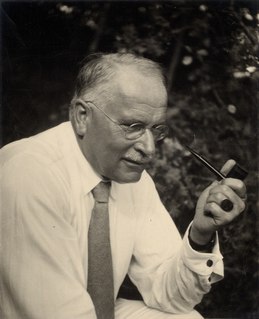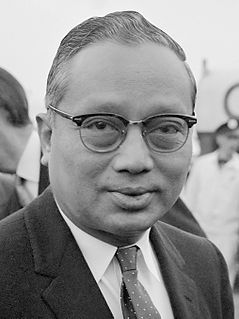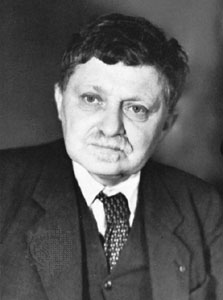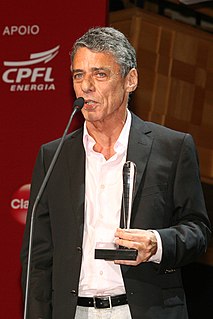A Quote by Marcel Proust
In reality, in love there is a permanent suffering which joy neutralizes, renders virtual delays, but which can at any moment become what it would have become long earlier if one had not obtained what one wanted -- atrocious.
Related Quotes
The simulator is the stage in-between television and virtual reality, a moment, a phase. The simulator is a moment that leads to cyberspace, that is to say, to the process because of which we now have two bottles instead of one. I might not see this virtual bottle, but I can feel it. It is settled within reality. This explains why the word virtual reality is more important than the word cyberspace, which is more poetic.
Back in the 1980s, when the internet was only available to a small number of pioneers, I was often confronted by people who feared that the strange technologies I was working on, like virtual reality, might unleash the demons of human nature. For instance, would people become addicted to virtual reality as if it were a drug? Would they become trapped in it, unable to escape back to the physical world where the rest of us live? Some of the questions were silly, and others were prescient.
Life is suffering. We have desires and expectations and egos, and we compare the reality we have, which is miraculous and wondrous, with this reality we desire. That somehow distances us from actually taking part fully with the reality we do have, and that creates suffering. For me, the thing that I love is that it's all about the present moment.
There are certainly statistics which show that most people who become sociopaths, who become homicidal, who become child- abusers, have had a history of incredible suffering. This is what we call the transmission of family sin, in which these unconscious patterns get carried on for generations in a legacy of pain. When they are not brought to awareness and worked through, each generation just automatically enacts them.
The law of love and compassion for all living creatures is again a doctrine to which we are all too ready to pay slip service. However, if it is to become a reality, it requires a process of education, a veritable mental renaissance. Once it has become a reality, national as well as international problems will fall into perspectives and become easier to solve. Wars and conflicts, too, will then become a thing of the past, because wars begin in the minds of men, and in those minds love and compassion would have built the defenses of peace.
We have become terribly vulnerable, not because we suffer but because we have separated ourselves from each other. A patient once told me that he had tried to ignore his own suffering and the suffering of other people because he had wanted to be happy. Yet becoming numb to suffering will not make us happy. The part in us that feels suffering is the same as the part that feels joy.
Medicine was certainly intended to be a career. I wanted to become a psychiatrist, an adolescent ambition which, of course, is fulfilled by many psychiatrists. The doctor/psychiatrist figures in my writing are alter egos of a kind, what I would have been had I not become a writer - a personal fantasy that I've fed into my fiction.
The process [of mass-media deception] has to be conscious, or it would not be carried out with sufficient precision, but it also has to be unconscious, or it would bring with it a feeling of falsity and hence of guilt.... To tell deliberate lies while genuinely believing in them, to forget any fact that has become inconvenient, and then, when it becomes necessary again, to draw it back from oblivion for just so long as it is needed, to deny the existence of objective reality and all the while to take account of the reality which one denies all this is indispensably necessary.
If the colleges were better, if they had the power of imparting valuable thought, creative principles, truths which become powers, thoughts which become talents, - if they could cause that a mind not profound should become profound, - we should all rush to their gates: instead of contriving inducements to draw students, you would need to set police at the gates to keep order in the in-rushing multitude.





































